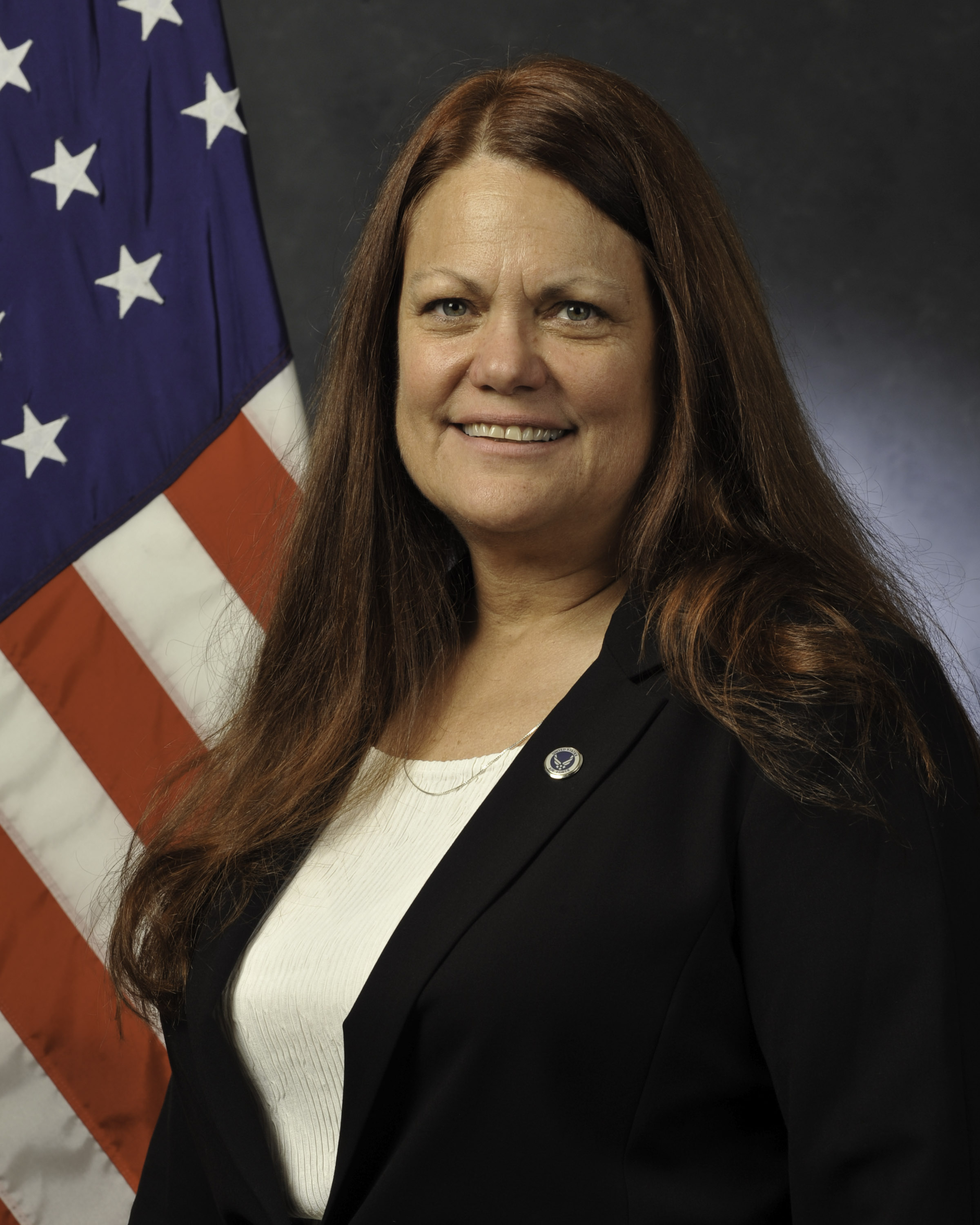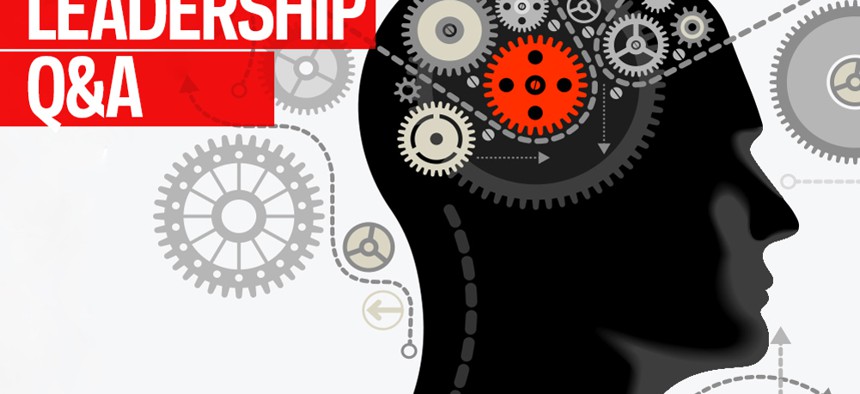How I Lead: Behind the Scenes So Others Can Succeed
A conversation with workforce manager Cherlyn ‘Sunny’ Hester.
Cherlyn “Sunny” Hester is the workforce support and development program manager at the Air Force Technical Applications Center at Patrick Air Force Base in Florida. The center monitors nuclear treaties. Her federal career also includes positions as director of workforce support and development at the Food and Drug Administration and director of human capital at Health and Human Services Department.
What is the best leadership lesson you've learned?
Balance. To be honest, I’m still working on this one—daily. I’ve always admired those few leaders I’ve met along the way that seemed to manage a healthy balance. The marketplace offers abundant advice on methods of ensuring work-life balance. In my experience, from the view of the organization, work takes priority. Yet, when I focus on home and family, I know my home life takes priority. Included in my balancing act are meeting the needs of the container, my body, which holds my mind and makes the long hours possible; and my soul or spirit, which gives me motivation, comfort and peace.
How did you get to where you are today?
Perhaps an adage that works well here is, “Success is when preparation meets opportunity.” Earlier in my career, I was passed over for higher management positions because I had not finished my degree. Shortly after training our third manager, I knew it was time to go back to school. So, I took classes in the evening, swapped babysitting on weekends with family and friends, and several years later, completed my bachelor of science degree. Ten days after graduating, I began my weekend master’s program. Had I not prepared myself and been ready when the opportunities presented themselves, I would not have been qualified nor considered.

What leadership lessons do you try to convey to your team?
Authenticity: Be who you are. We are not all cut out to be leaders. We often have this image of what a good leader should be, attributes that may or may not be an integral part of who we are. While I agree that we can develop positive and effective behaviors in ourselves and others, at the end of day, we are who we are. Leadership might be right for you if you are:
- Interested in supporting staff members dealing with personal concerns.
- Willing and able to shield and protect staff when needed.
- Competent at safeguarding confidential information both up and down the chain of command.
- Adept at balancing meeting the needs of the organization to accomplish the mission and demonstrating advocacy for employees.
Oftentimes, I see those anxious to take on a leadership role for the extra salary. I would hope that employees realize that the attributes that contribute to being the best on the team are different from the ones that make a great manager.
What do you look for in potential employees when making hiring decisions?
Managers, in collaboration with human resources, have done a good job in formulating questions that gather information on a candidate’s work experience and technical proficiencies. Where most organizations, including the federal government, could use improvement is in hiring for organizational fit. This term does not mean assimilation into the organization as it currently exists, but ensuring we ask questions to determine whether we are bringing someone onboard who will clash regularly with others on the team or will add value. Does the potential candidate have the emotional intelligence to deal with some of the possible conflicts on the team or with the methodologies in how the work is done? Does the candidate have a perspective currently missing that will benefit the team?
What is a good book you have read recently?
Quiet. The Power of Introverts in a World That Can’t Stop Talking by Susan Cain. She provides excellent insight into the world of introverts, which she refers to as the Quiet Revolution. A third of people today are introverts living in a world where the extrovert style rules the way meetings are held, schools teach and leaders are selected. I appreciate her insights into the values introverts bring, especially in the workplace, and how I may better support their creativity.
What do you do after work for fun or to relax?
I would not say home improvement projects are relaxing, yet for the last several years I seem to be engaged in several large scale do-it-yourself projects. I love to see old places refurbished and brought back to life again. Relaxing: I am a movie buff and enjoy seeing them on the big screen. Fun: time with family and friends.
What is the best mistake you have ever made?
Early on in my career, I accidently dialed an incorrect phone number at work and spoke with a senior manager from one of our affiliate organizations. I made light of the situation, exchanged a few pleasantries, and joked that there must be a reason that I was supposed to speak with him—he must have an open position for an up-and-coming future leader in the organization, so perhaps my fingers dialed the correct number. To my surprise he replied, “Actually, I do have an opening and here is the announcement information. I appreciate your positive attitude and would encourage you to apply.” I did, and eventually got the position.
What career accomplishment are you most proud of?
My greatest career accomplishment is watching those who I have had the privilege of supervising/managing in the past either move up the chain of command; grow into strong, effective leaders; or find the right fit for themselves in a new position. There are some leaders who enjoy the spotlight and thrive on public acknowledgement of their accomplishments, and while I do not shy away from podiums, I prefer to think of myself as the one behind the scenes helping make it happen for others.
What is your latest goal or ambition?
I’m learning American Sign Language. I have had the honor of working with a couple of colleagues who were from the hearing impaired and/or deaf community and felt frustrated when we could only use email to speak with each other. Yes, I know that many of us in the hearing community only use email to communicate, but that subject is a psychology class in itself.
What is the most important thing you have learned in your career?
To remain curious. Often the presenting issue in situations is not the actual issue or problem. If I continue to ask questions, stay inquisitive to learn more, and not jump up my ladder of inference ( Chris Argyris ) or immediately move to problem-solving, I may gather enough information to find the actual source of the issue.
What was the biggest career risk you took?
I believe my biggest career risk was coming into the federal government. I am sure that sounds like an oxymoron to some, but I had the opportunity to earn more money outside of federal service when I accepted my first position 10 years ago. Of all the advice from family and friends when I made the decision, I appreciated the commentary, “You have always measured your success in comparison to your paycheck; maybe this is your opportunity to make a difference in the public sector.” Sometimes I have accepted less or taken a downgraded position to begin a new occupation or function within an organization. Sometimes, I have taken a lateral move to join an organization, group or team where I thought I could thrive. I believe my lesson learned is to let measuring success be more about stoking the flames of my passions in life.








